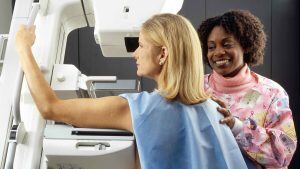Maintaining breast health involves routine care from a trusted provider — including having regular e...
The Premier Surgical Network Blog offers the latest updates, expert insights, and in-depth articles on the evolving field of surgery. From cutting-edge technologies to new treatment approaches, our blog provides valuable information for healthcare professionals and patients alike, keeping you informed on the advancements shaping the future of surgical care.










